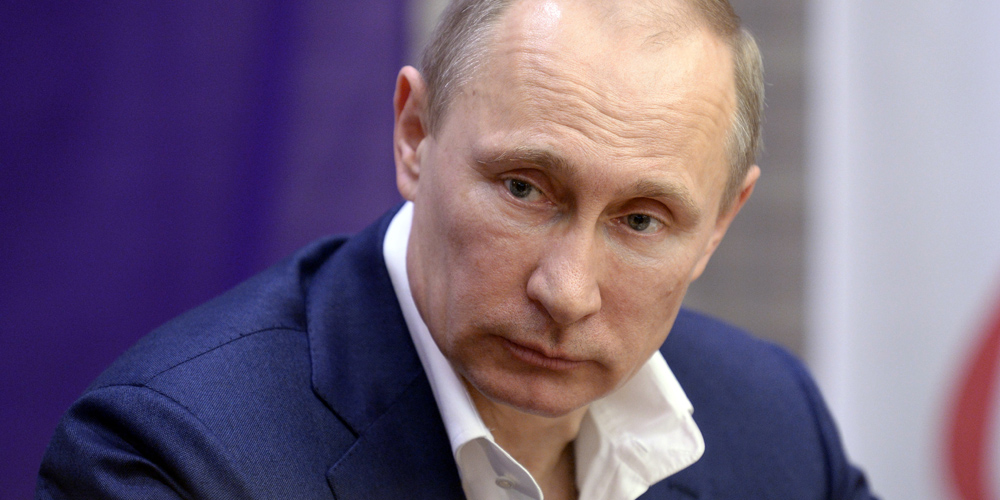Time and patience
In War and Peace Tolstoy says about General Kutuzov, the Russian general who was the victor in the war against Napoleon in 1812, that he counselled his generals to allow ‘time and patience’ to work against the enemy. Vladimir Putin...
In War and Peace Tolstoy says about General Kutuzov, the Russian general who was the victor in the war against Napoleon in 1812, that he counselled his generals to allow ‘time and patience’ to work against the enemy. Vladimir Putin may have learned this lesson from Russian history well enough to stand it on its head by trying to keep the west off balance and hence in no position to react in a measured way to his actions.
But we also need to ask whether Putin really wants to repeat the failed empire-building policies of the Soviet Union? Does he want to fight wars in which Russian forces incur large-scale casualties? Russian history counsels against both of these approaches. The catalyst for the Revolution in 1917 was the Russian government’s decision to continue its military involvement in the first world war.
It is unlikely Putin’s primary interest lies in military conquest even with his attacks on the Ukraine or his threats against the Baltic states. Incursions may take place but the central aim is to shore up his support at home. What he is trying to do is to expand Russia’s international influence as a necessary extension of his need to maintain his legitimacy. It will therefore most likely be possible to deal with this threat by non-military means.
Putin’s approach involves trying to create an external enemy, which is not surprising, as Russians haven’t got a lot to be proud or happy about; economic problems, authoritarianism, corruption and a poor record on human rights, are sources of dissatisfaction at home. To avoid reaping the whirlwind, Putin has used his military forces and when he has done this his popularity has usually gone up. This is a form of posturing and muscle-flexing which fits comfortably with Putin’s carefully crafted image. What then should the west’s response be? It is here that time could become a factor. The west should try to avoid conflict with Russia and instead give the pro-democracy forces time to develop their struggle without external distractions. This can be enabled by the west by providing as stable an environment as possible. This means not rising to Putin’s bait.
Time is a slow worker but gets better results than ill-considered actions. At the same time it is necessary to establish red lines because Putin is likely to take advantage of situations in which the west is seen to be unprepared. This could be the source of an easy victory for him but one which for the most part can be avoided. To meet the challenge from Russia we should take note of General Kutuzov’s advice.
Of course Putin must be aware of the time factor as well, especially if he has read his War and Peace. The west must try to slow things down while Putin will want to avoid the impression that he is standing still. There are certain things the west can do to slow the pace of aggressive action from Moscow. Deterrence is a vital factor, especially in those countries living under the protection of NATO.
Economic sanctions are essential in making it clear to Putin that there is a price to pay for military aggression. At the same time diplomacy can create a channel for pent-up aggression and is another possible route to a peaceful outcome. The best way to allow the time factor to bring about the desired results is to follow a middle course between over- and under-reaction. This will allow Russia’s internal contradictions to mature of their own accord, thus enabling the development of democracy and better relations with the west.

